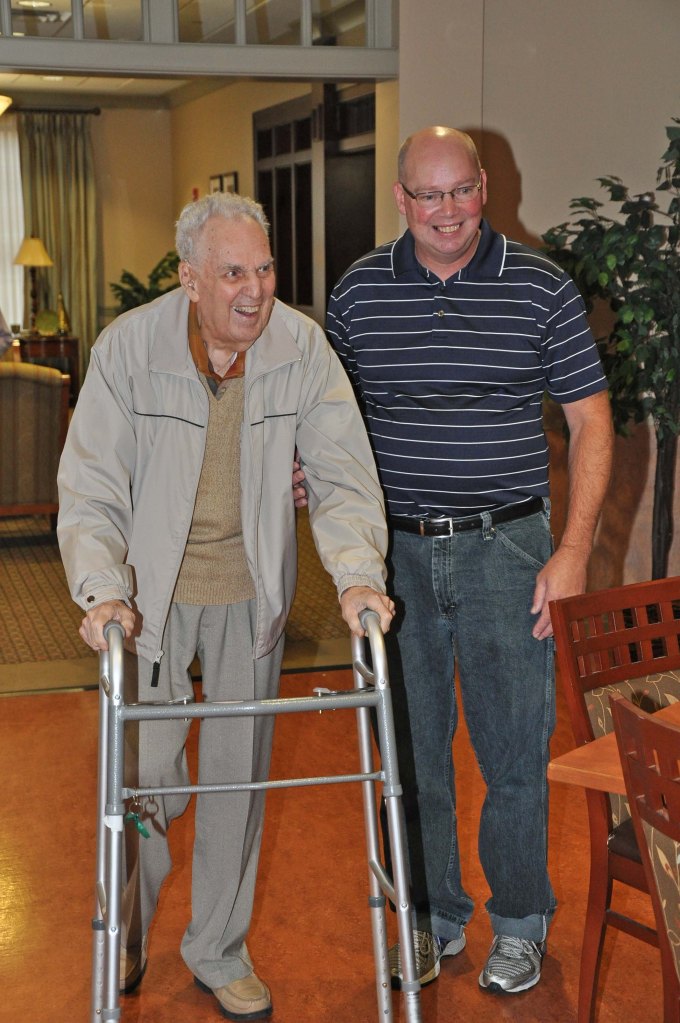As I read Paul’s letters to the early churches, I’m uncovering an intriguing thread I never noticed before. I’ve heard plenty about Paul’s deep theology, his sometimes controversial teachings, his practical instructions…but I guess I’ve never thought much about his prayers.
Oh my word, his prayers.
Paul opens just about every letter to the early churches with heartfelt prayers for them, and let me tell you, this guy was a praying powerhouse. His words are filled with faithful requests, soaring blessings, and most of all, extravagant thanksgiving.
A few cases in point:
I thank my God through Jesus Christ for all of you, because your faith in him is being talked about all over the world. God knows how often I pray for you.
—Romans 1:8-9
I always thank my God for you and for the gracious gifts he has given you, now that you belong to Christ Jesus.
—1 Corinthians 1:4
I thank God for you….Night and day I constantly remember you in my prayers.
—2 Timothy 1:3
I am a prayer novice at best—or more aptly, a prayer slacker. When I read Paul’s prayers, I am reminded just how milquetoast my prayers are. I ask God to bless my loved ones, and I come to him on their behalf when they’re in some kind of pain or trouble. But how often do I spend time just thanking God for them?
During Lent, my husband, Daniel, and I prayed for one person or family each day leading up to Easter (you can read the story here). It was such a rich experience that we wanted to find a way to mark the Advent season too. So each evening before dinner, we toss aside the bills and junk mail to find the Christmas cards and letters and photos we received from friends and family that day. Then we pray for those people.
I confess that our prayers don’t come close to Paul’s stirring masterpieces, but maybe God doesn’t mind so much. And while we’ve always enjoyed our loved ones’ updates and pictures, there seems to be a deeper layer to it this year. I have to wonder if this prayer habit just may be opening our eyes to how much we have to thankful for.
Thank you, God, for my grandparents, who once again got their letters written, addressed, and mailed while I was still eating Thanksgiving leftovers.
Thank you for boy #4 for our friends this year, and for the impish joy on all those kids’ faces.
Thank you for little Allie, with her dad’s brown eyes and her mom’s sparkly imagination.
Thank you for Emery, the miracle baby who was born this year—the bubbly, smiling, rolling-over answer to so many prayers.
Thank you for Lauren and her annual quotables (“Now that my room is clean, I can stop, drop, and roll if there’s a fire—and not get hurt!”).
I don’t say it enough, but thank you, God, for the people you’ve put in our lives. Help me to keep saying thanks all year, even after all the Christmas cards are put away.
I’ve taken the challenge of reading the Bible chronologically this year and tracing the thread of grace through it. These musings are prompted by my reading. I’d love to have you join me: One Year Bible reading plan.






